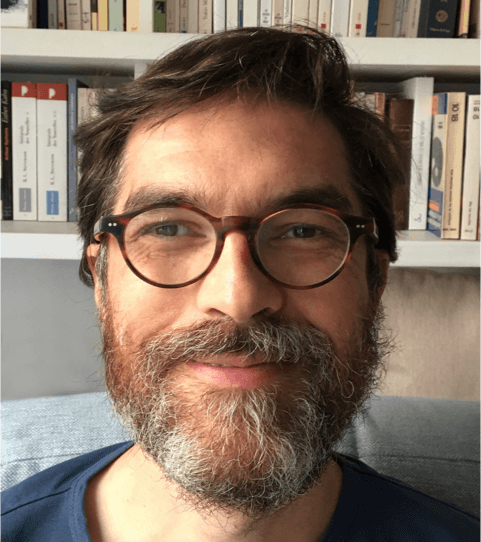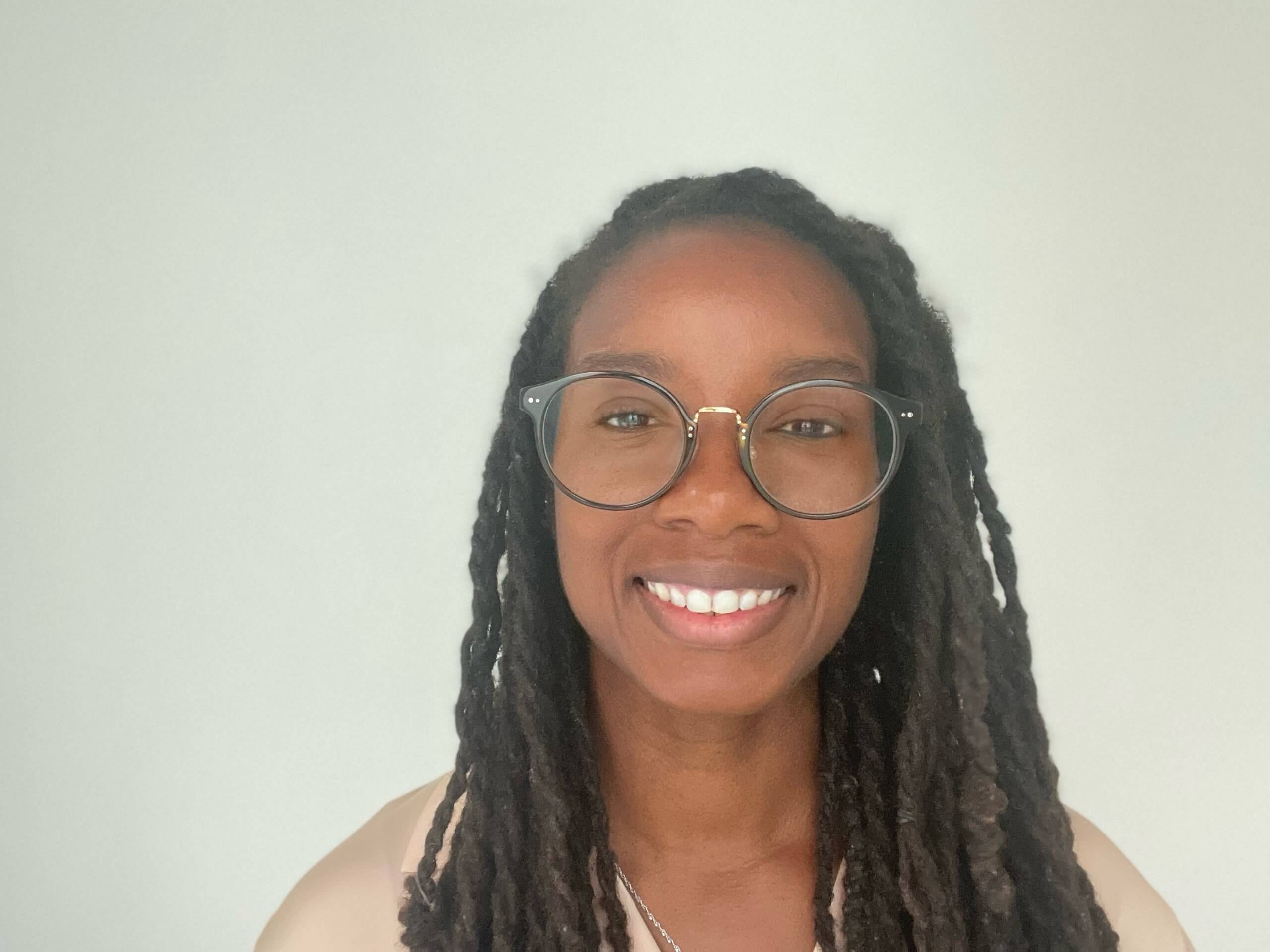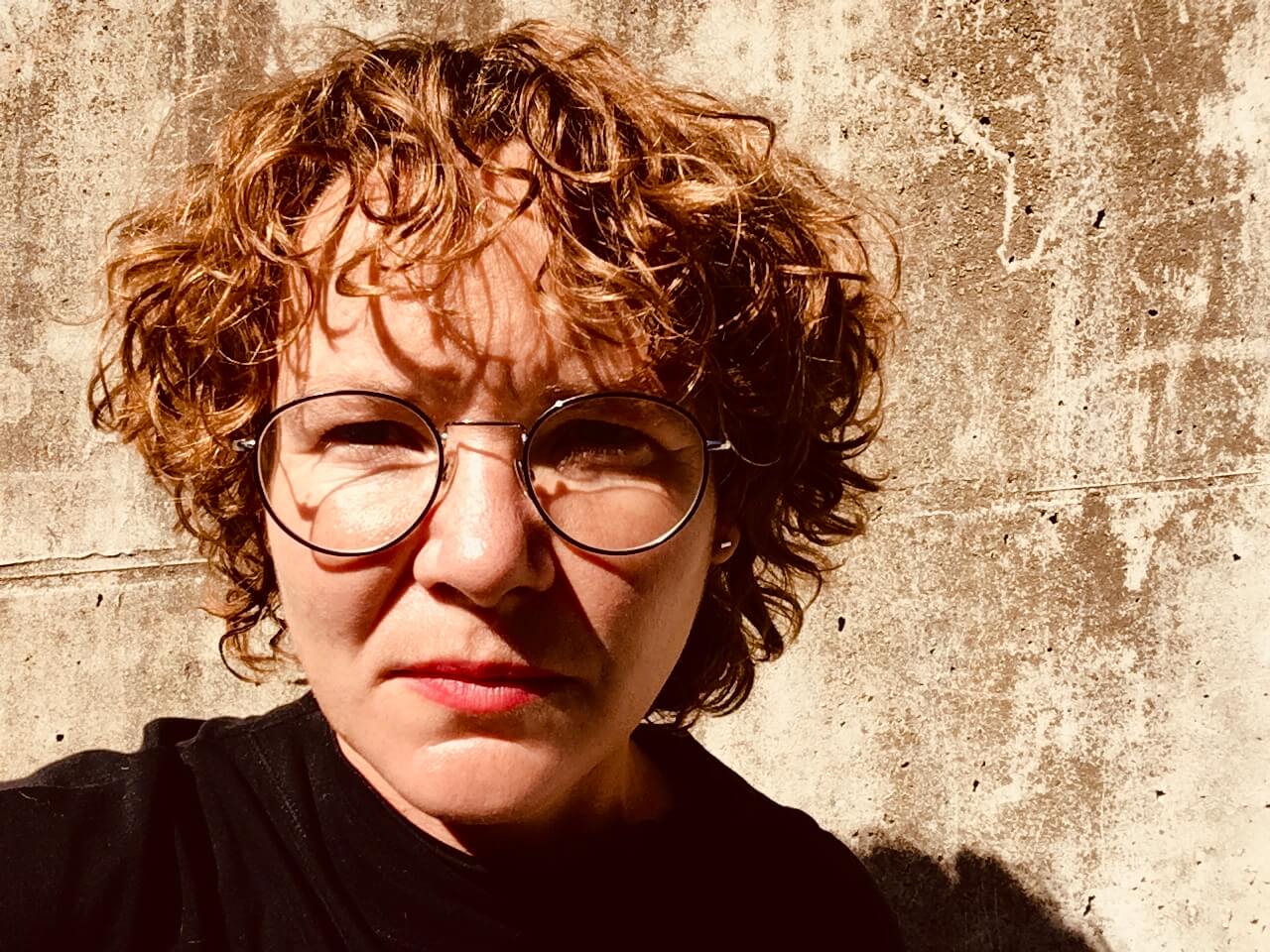wolke board | Verlagsbeirat
Die Welt der Musik wächst und entgrenzt sich rasant. Die Vielfalt heutiger musikalischer Entwicklungen wie Musikpraktiken und eine fast noch größere mediale Aufsplitterung erschweren zunehmend den Überblick. Um publizistisch am Puls der Zeit zu bleiben, bedarf es mehr professionellen Spürsinns, Wissens und vieler Ohren und Augen mehr, um zu erfassen, was aktuell geschieht und wohin unsere Musiken wandern. Daher haben wir ganz in unserem Geiste des kollektiven und kollaborativen Arbeitens uns ein advisory board zur Seite gestellt als aktiven Informations- und Ideenpool. Mit dem Anspruch kulturkritischer Begleitung gerade des aktuellen Musikgeschehens wird damit künftig auch eine Buchreihe verbunden sein, die Positionen und Tendenzen diskursiv aufgreift und Diskussionen anzetteln soll. Wir freuen uns auf einen regen Austausch, den Zuwachs an Ideen und Initiativen und sowieso auf Euch, das wolke editorial board!

Nicolas Donin studied musicology and social sciences in Paris, led a research group at IRCAM from 2002-2021, is now Professor and chair of musicology at the University of Geneva. His work focuses on the creative process, aesthetics, and reception of new music in the 20th and 21st centuries. In addition to a hundred of articles and edited volumes, he co-authored shortfilms, multimedia listening guides, as well as a book-length conversation on images with Georges Aperghis.
Talking about music may be like dancing about architecture, but many people do it all the time, well beyond the professional worlds of music criticism and musicology. Our drive to understand, assess, discuss, or celebrate the profusion of musics we are exposed to, calls for a variety of musico-logies. What are today’s musical experiences and how can we find the right words, analytical tools, publication formats to engage with them? What music books do we wish to read as we’re embarking in the disruptions of the Anthropocene? I’m interested in those fresh topics and protocoles that would help the reader to dance about architecture.


julia elizabeth neal (she/her/hers) is an Assistant Professor of Modern and Contemporary Art of the United States at the University of MIchigan. Her first manuscript is on the conceptual aesthetic and praxis of Benjamin Patterson, a Pittsburgh-born and internationally renowned African American artist. The Getty Research Institute, the Ford Foundation, the Terra Foundation for American Art, and the German-American Fulbright Commission, has generously supported neal’s work.
In her research, neal explores the critical postwar intersections between the visual, the politics of identity, and (trans)nationalism, particularly through the conceptual, sonic, and performance practices of African descent. She recommends highlighting work by artists such as Ben Patterson, Jennie C. Jones, Terry Adkins, Nadine Robinson, and more, while encouraging a diasporic focus of artists of African descent in and through Germany, such as Satch Hoyt and Emeka Ogboh. Michigan is host to a vibrant history of musicians and historians of music and art histories, which opens up ways for gathering around global conversations about sound and sound art. Alongside histories of individuals and collectives, neal has an increasing interest in the racialization of sound–including voice and its listeners. Examples of artwork to champion include paintings, indoor and outdoor installations, performance, and works on paper. She is also keenly aware of the need to increase the voices represented in histories and the work of histories, including the enlistment of translators of African descent for Afro-German discourses.


Sabine Sanio unterrichtet seit 2009 am Masterstudiengang Sound Studies and Sonic Arts der Universität der Künste Berlin. Sie leitet dort den Theorie-Schwerpunkt und war von 2019 bis 2022 in Kooperation mit der ZHdK Zürich, Projektleiterin des DFG-Forschungsprojekts “Das Hören des Anderen. Zur Ästhetik des Realen in experimenteller Musik und Klangkunst”. Sie studierte Germanistik und Philosophie in Frankfurt/Main und Berlin (Promotion in Germanistik, Habilitation in Musikwissenschaft) und ist seit 2015 als Ko-Kuratorin des Festivals Heorines of Sound verantwortlich für die Diskursveranstaltungen des Festivals.
Sie hat zahlreiche Veröffentlichungen zur aktuellen Ästhetik, Medienästhetik und -geschichte, zur Klangkunst, zur Neuen und experimentellen Musik sowie zum Verhältnis der Künste untereinander vorgelegt. Darunter in Buchform: Alternativen zur Werkästhetik: Cage und Heißenbüttel (Saarbrücken 1999); 1968 und die Avantgarde (Sinzig 2008); als Herausgeberin: Sound als Zeitmodell: Zeit als Klang denken. Musik, Klangkunst und die französische Zeitphilosophie (Berlin 2014); Borderlines/Auf der Grenze: Georg Klein (deutsch/englisch), Heidelberg, Berlin 2014; als Mitherausgeberin: Heroines of Sound. Feminismus und Gender in elektronischer Musik (Hofheim 2019); Das Rauschen (Hofheim 1995).

